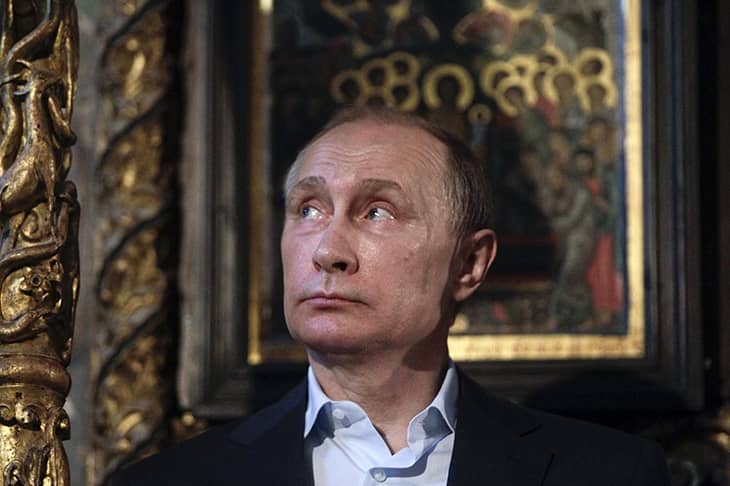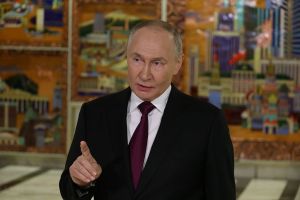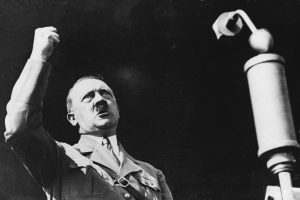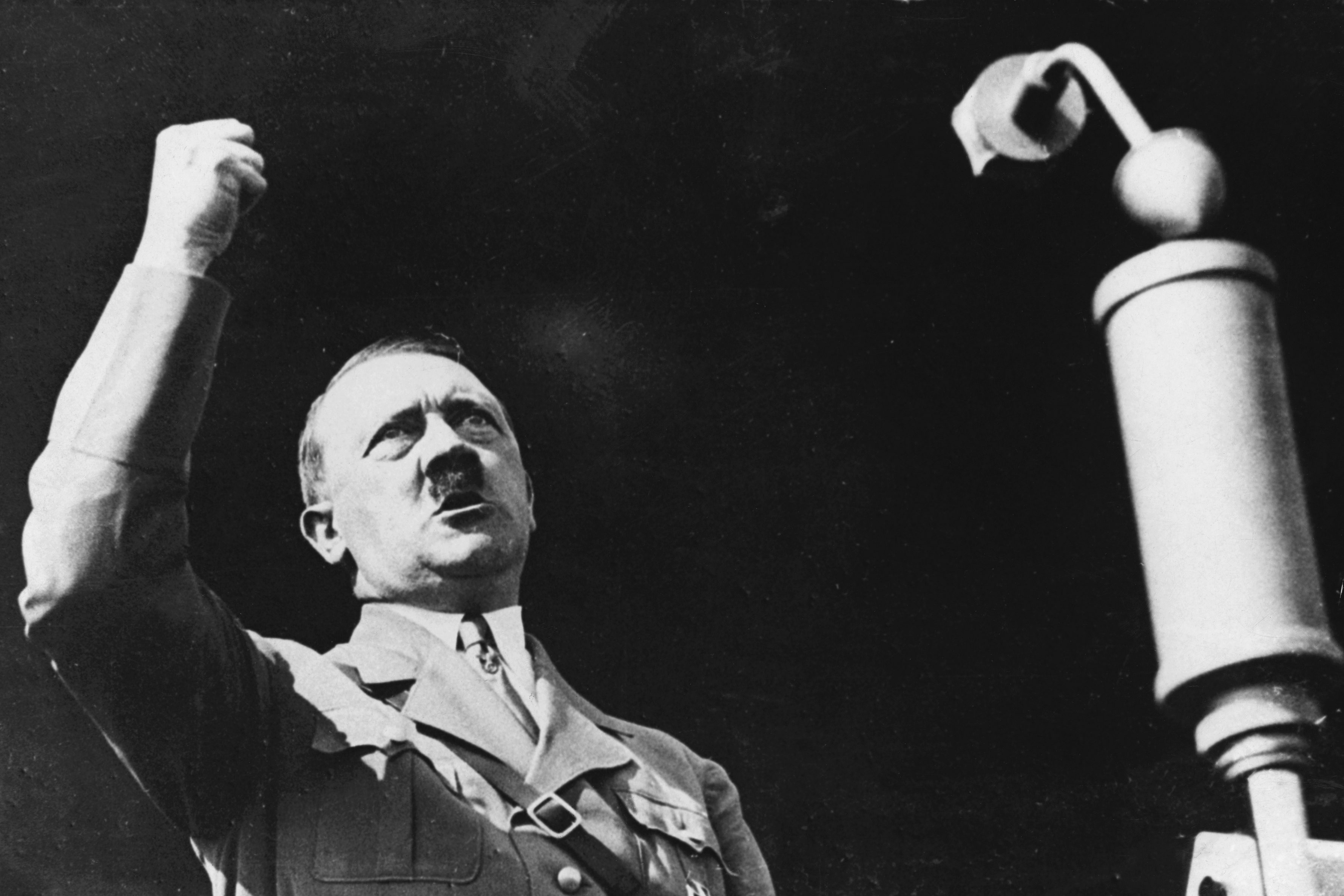Skopje, North Macedonia
In the West, it’s tempting to believe that revulsion at Vladimir Putin’s invasion of Ukraine is universal, and that he’s receiving support only from a handful of miscreant countries like Venezuela, Syria and Iran. I wish this were true. I’m in Skopje, the capital of North Macedonia, where there’s much sympathy for Putin, which has only increased since the invasion began. This is despite the government in North Macedonia being pro-western and pretty decent when compared with its predecessors and many of its neighbous.
The reasons for North Macedonia’s Putin sympathy are complex. The country’s largest ethnic group are Slavs, whose language is close to Bulgarian. They don’t like how NATO bombed Serbia in the late 1990s, and they get much of their news from Serbian media, which can be very pro-Russian. Another important reason is the West. Like other Balkan nations, North Macedonia has long sought to align itself with the European Union, but has been consistently stymied. The country, which was the last to join NATO, applied for EU membership seventeen years ago, and changed its name from Macedonia to North Macedonia to appease Greek opposition (who claimed prior rights to the name “Macedonia”). Then there was opposition from Emmanuel Macron, who didn’t want more immigration into France. Now Bulgaria is blocking membership as it believes North Macedonia should be part of Bulgaria. This rejection has undermined pro-European politicians in North Macedonia, including President Stevo Pendarovski, and led to a decline in support for alignment with the West. The US, for its part, has forgotten about the Balkans. Hence the increasing sympathy for Putin.
If Putin subdues Ukraine, there will be bad consequences throughout the Balkans. None of the underlying conflicts in the region were truly settled after the wars of the 1990s. Hostilities are merely on hold, and will resume once pro-Russian parties feel empowered. The Serbs, in particular, have a historical affinity with Russia, which was cemented by the latter’s opposition to the Nato attack in 1999. The Republika Srpska — the Serbian enclave in Bosnia — would love an excuse to declare its independence, re-igniting the war from the 1990s.
These challenges make me feel very small. Over two decades, I have helped train leaders who could build liberal democracy and eschew corruption in transitioning countries, as part of a program I helped create — the Leadership Academy for Development. We’ve taught these programs worldwide perhaps seventy times in the past decade. We’ve invested most heavily in Ukraine, where we have around 150 local alumni. This work has convinced me there exists a core of western-oriented young leaders who might, in the future, inherit power and exercise it wisely. Before Russia’s invasion, I believed generational turnover was coming to Ukraine and the region, and I could contribute to the process. But recent events have shown such efforts can be erased overnight by a dictator. Many of my former students are now in great physical danger and would be targeted by a pro-Russian regime. Some have joined the territorial militia. Under present circumstances, learning to fire an AK-47 is far more useful than the policy skills they spent time learning from me. Their example has been a salutary lesson for the rest of us who are fighting figuratively.
I’ll stick my neck out and say that Russia may be heading for an outright defeat in Ukraine. Putin has, at this point, committed the bulk of his military to this operation: there are no vast reserves of forces he can call up to add to the battle. His troops have been stuck outside various Ukrainian cities where they face supply problems and constant attack. All this is a good lesson for China which, like Russia, has built up seemingly high-tech military forces in the past decade but they have no combat experience. The miserable performance of the Russian air force would likely be replicated by the People’s Liberation Army air force, which has no experience managing complex air operations. We may hope that the Chinese leadership won’t delude itself as to its capabilities the way the Russians did when contemplating a move against Taiwan. So let’s not be prematurely defeatist. A Russian defeat will make possible a “new birth of freedom,” and get us out of our funk about the declining state of global democracy. The spirit of 1989 will live on, thanks to those brave Ukrainians. I look forward to a time when I can return to a peaceful Ukraine and resume the slow, boring work of fortifying democracy.
This article was originally published in The Spectator’s UK magazine. Subscribe to the World edition here.

























